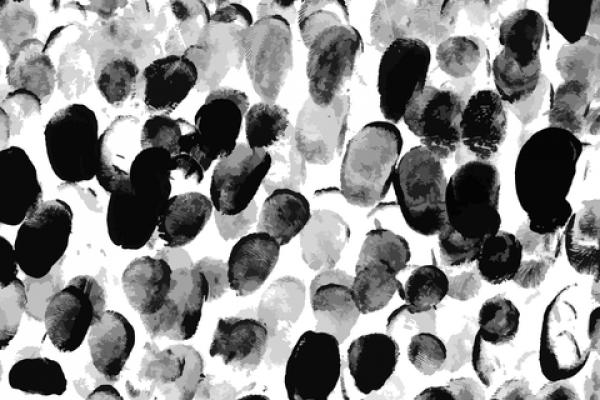Feb 7, 2019
White supremacy is woven and embedded into society as a system so intricately that it can be invisible, mistaken for normalcy because, in fact, that’s what it is. Instead of seeing white supremacy as blatant acts of intentional harm, I challenge us to consider how this country was built to center whiteness. It’s a virus and an energy. It is a virus because it is a sickness at the core of so much harm, and it’s an energy because in its natural state — this country is conditioned to operate in accordance with whiteness: white culture, white thriving, white favoritism, and white comfort.
Read the Full Article

Already a subscriber? Login
